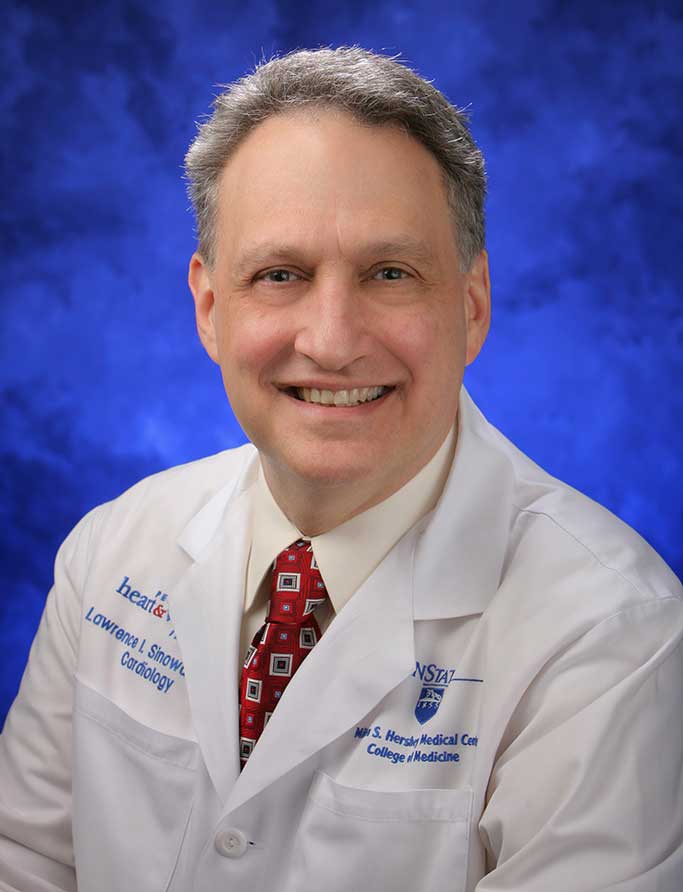The Future of Cardiology: A Message from the Chairman
The American Heart Association projects that the prevalence of all cardiovascular disease (CVD) will increase as the number of Americans over the age of 65 continues to grow. This population is known to have a higher prevalence for all CVD and will grow significantly in the next 20 years.1 It is critical that we as clinicians educate our patients on their ability to reduce their risk of CVDs by developing better health habits – quitting smoking, improving their diet, exercising, reducing stress, etc. We must also ensure that we are prepared to meet the needs of these patients in the future.
A look at procedures and devices
Catheter-based interventions for valve problems, such as transaortic valve replacement, are becoming mainstream therapies. The pool of candidates for these types of procedures continues to expand. Considering the future evolution of devices, I foresee major changes in the use of left ventricular assist devices (LVADs) for end-stage heart failure. Advances have been made, but there is still much to do. By implanting an LVAD, we can help patients with significant heart failure survive, but the device itself is not without challenges. I believe manufacturers will miniaturize the devices in the next few decades, thereby reducing the risks of bleeding and infection, which are the primary issues.
A different type of chart
The most significant advance in the next 20 years, however, will not likely be a procedure, a device or a medication. The information revolution is poised to transform cardiology and every other branch of medicine, as well. Electronic medical records (EMRs) and the data they provide enable clinicians to see patient histories, as well as patterns, over time. The data can be scanned and interpreted on a huge scale using artificial intelligence (AI) tools, ensuring that patients get the most proactive and proper therapy for chronic problems. EMR technology is reaching the point where a hospital system with hundreds of thousands of patients will be able to scan patients’ EMRs for risk factors, then send reminders to physicians to ensure their atrial fibrillation patients receive the proper stroke prevention therapy, especially blood thinners.
This new way of using EMR data to facilitate prevention is only one piece of the “Holy Grail” for cardiologists: predicting which patient will have a cardiovascular event. We are not there yet, but cardiology is getting closer to that point.
Penn State Heart and Vascular Institute (HVI) is committed to targeting where the field is going, not just where it is today. In fact, we train our teams with that in mind. The end goal, of course, is to eradicate heart disease, and eventually put ourselves out of business.
At Penn State, we spend every day trying to do just that.
Yours truly,
Lawerence Sinoway, MD

Lawrence I. Sinoway, MD
Director, Penn State Heart and Vascular Institute
Distinguished Professor of Medicine
Cardiologist
Phone: 717-531-6853
Email: lsinoway@pennstatehealth.psu.edu
Fellowship: Cardiovascular disease, Bronx Municipal Hospital Center-Jacobi Hospital, Bronx, N.Y.
Residency: Internal medicine, Bronx Municipal Hospital Center-Jacobi Hospital, Bronx, N.Y.
Medical School: New Jersey Medical School, Newark, N.J.
Connect with Lawrence I. Sinoway, MD, on Doximity
Reference:
- Heidenreich PA, Trogdon JG, Khavjou OA, Butler J, Dracus K, Ezekowitz MD, et al. Forecasting the future of cardiovascular disease in the United States: a policy statement from the American Heart Association. Circulation. 2011;123:933-944.
